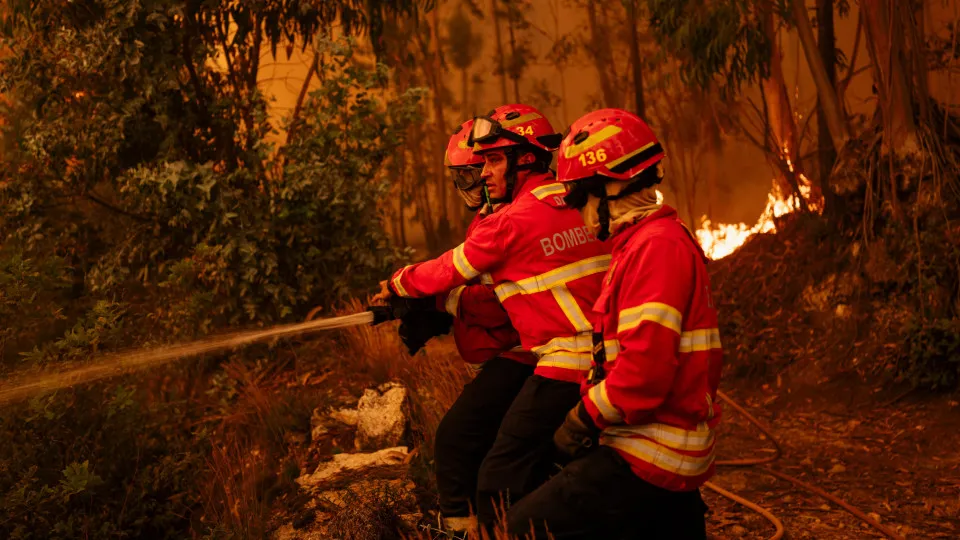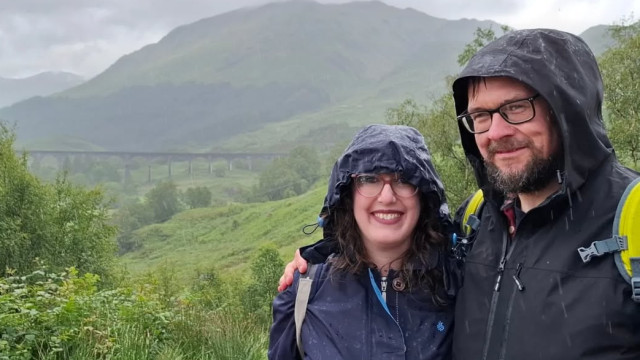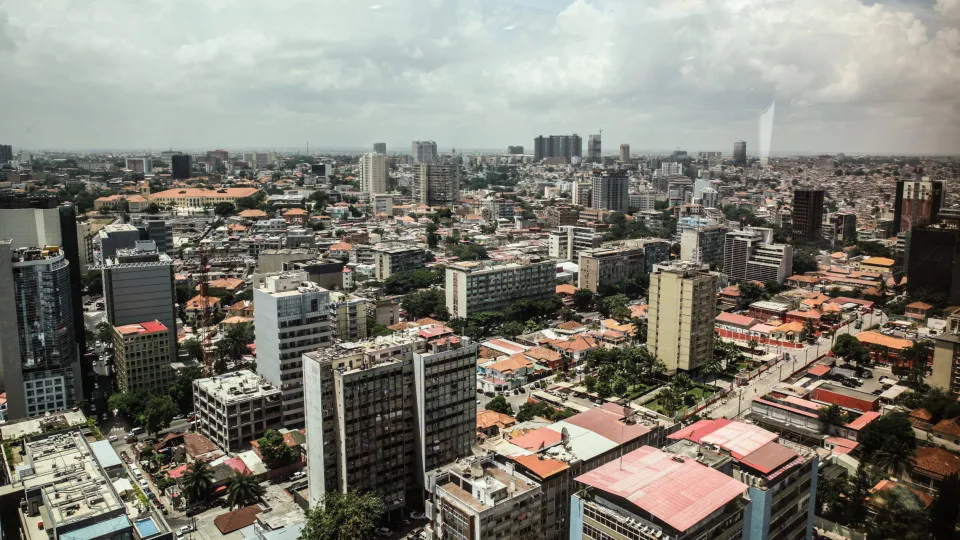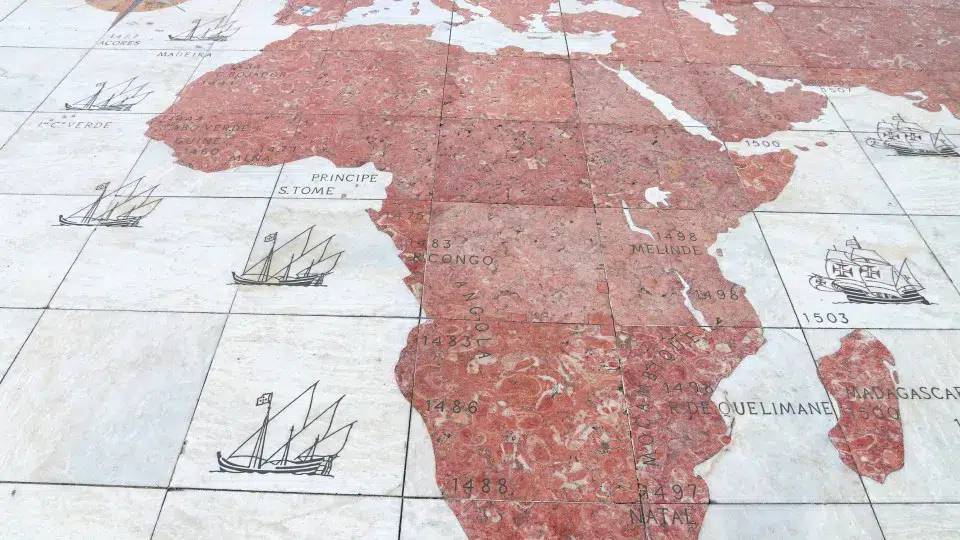
It is necessary “to reinforce the idea that more professionals need to be created in Portugal” and “this year, once again, it was proven that it is necessary to create professional firefighting teams in each municipality,” stated Fernando Curto in an interview.
He emphasized that forming professional firefighting structures would allow firefighters to “act when they need to act” against fires, thereby dedicating their remaining time to prevention activities. These would include raising awareness among property owners, overseeing clean-ups, building firebreaks and water points, and promoting civic behavior in forest management.
Outside of peak fire season, firefighters would take on a “pedagogical role within the municipality,” promoting territorial planning, stated the leader, who downplayed the cost of such professional forces.
“The forest damage alone this year is already at 600 million euros. It’s a lot of money, and such an investment should be made,” he summarized.
Additionally, this initiative would help retain qualified personnel in inland municipalities and foster a “new municipal culture” focused on civil protection and land planning.
“If a mayor has a team of professional firefighters at his disposal, he is the one in charge, and he must create a plan within the scope of the municipal civil protection service for prevention and firefighting, as needed,” explained Fernando Curto, acknowledging that each case will differ.
“Some municipalities may need one hundred firefighters, while others might require only thirty,” with the potential for synergies between neighboring councils.
Addressing the cost, “the government must seek funds to pay these corporations,” because “the fires are destroying the country.”
“If we count all the costs and damages caused by the fires, it would be possible to create professional firefighting teams in every corner of the country,” stressed Fernando Curto, highlighting that the most critical element is “political will.”
Opting for professionalization would not undermine existing volunteer associations, which could “focus well on health services and patient transport,” as seen in Spain or France, in addition to “assisting in firefighting.”
Within the current Portuguese social context, “being a volunteer and a firefighter is a utopia,” and ensuring availability is always difficult, acknowledged Fernando Curto.
Strengthening professionals could lead to an increase in volunteering, as the responsibility would become “more complementary.”
Earlier this year, professional firefighter demands received considerable media attention, with a package of requests already partially accepted, according to Fernando Curto.
“Negotiations are ongoing; there are already firefighters throughout the country, and the government has shown openness to the issue of professionalization,” he explained, noting that the executive expressed that “professional firefighting teams are a priority.”
Regarding this summer’s fires, Fernando Curto identified several combat issues, from delays in requesting international aid to a lack of internal organization.
With fires raging tall above the trees, debates over seeking help persisted, which Fernando Curto attributed to a lack of political will. “Whether it’s a thousand or three thousand firefighters, without coordinated and organized operations with air resources, intervention is unsustainable,” he explained.
Moreover, he criticized inadequate support for firefighter contingents arriving to assist.
Upon arriving from other areas, “there must always be a guide directing these teams to advance on the ground. Otherwise, there are vehicles overturning, lost columns, and stranded units,” he stressed.
Furthermore, Fernando Curto criticized the use of firefighters for mop-up operations, who should be deployed elsewhere.
“Without a properly conducted mop-up, the chances of a forest fire reigniting under wind and high-temperature conditions are absolute,” yet forest rangers and military could handle this task, he suggested.
This work “should be coordinated to free firefighters to fight the ongoing fires,” he noted, emphasizing that without procedural changes, “fires will only cease in Portugal when there’s no more forest left.”
Finally, Fernando Curto pointed out issues with land management and inadequate cleaning practices.
“In burned forests, firefighters couldn’t reach mountain tops with regular vehicles. How can firefighting be effective under such conditions? If a jeep can’t reach, how can a heavy firefighting vehicle?” he questioned.
The National Firefighter Day will be celebrated on November 11, established following the 9/11 attacks in the United States. This date will serve to reiterate these claims, alongside the push for creating “a unified professional firefighter career in Portugal,” he added.




